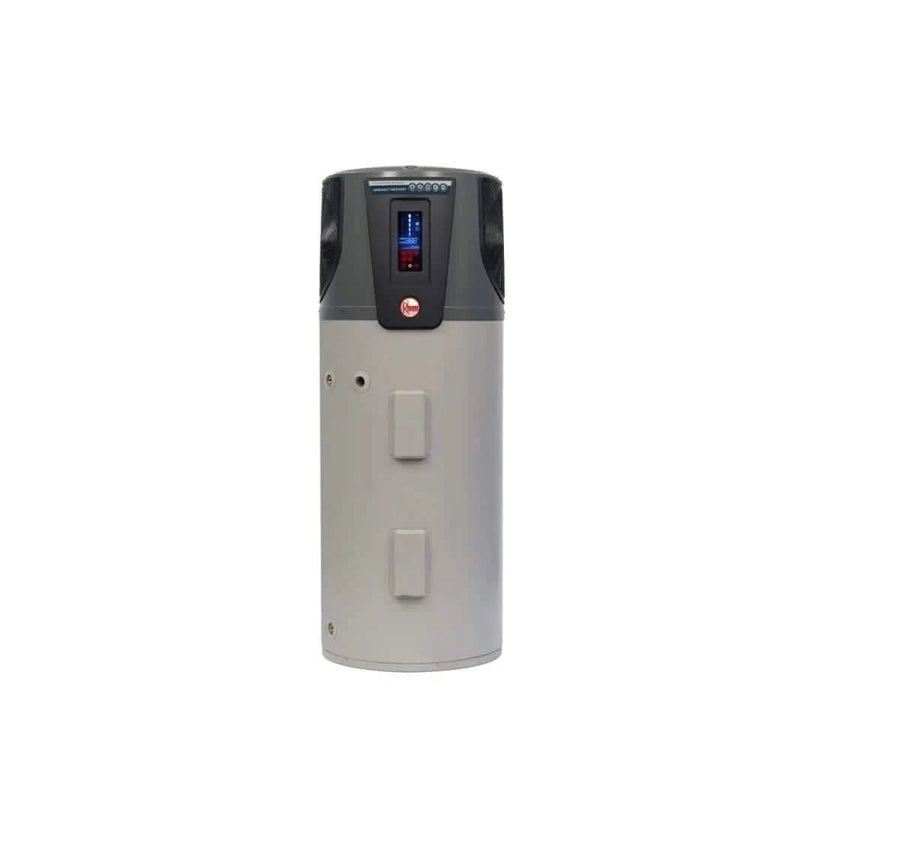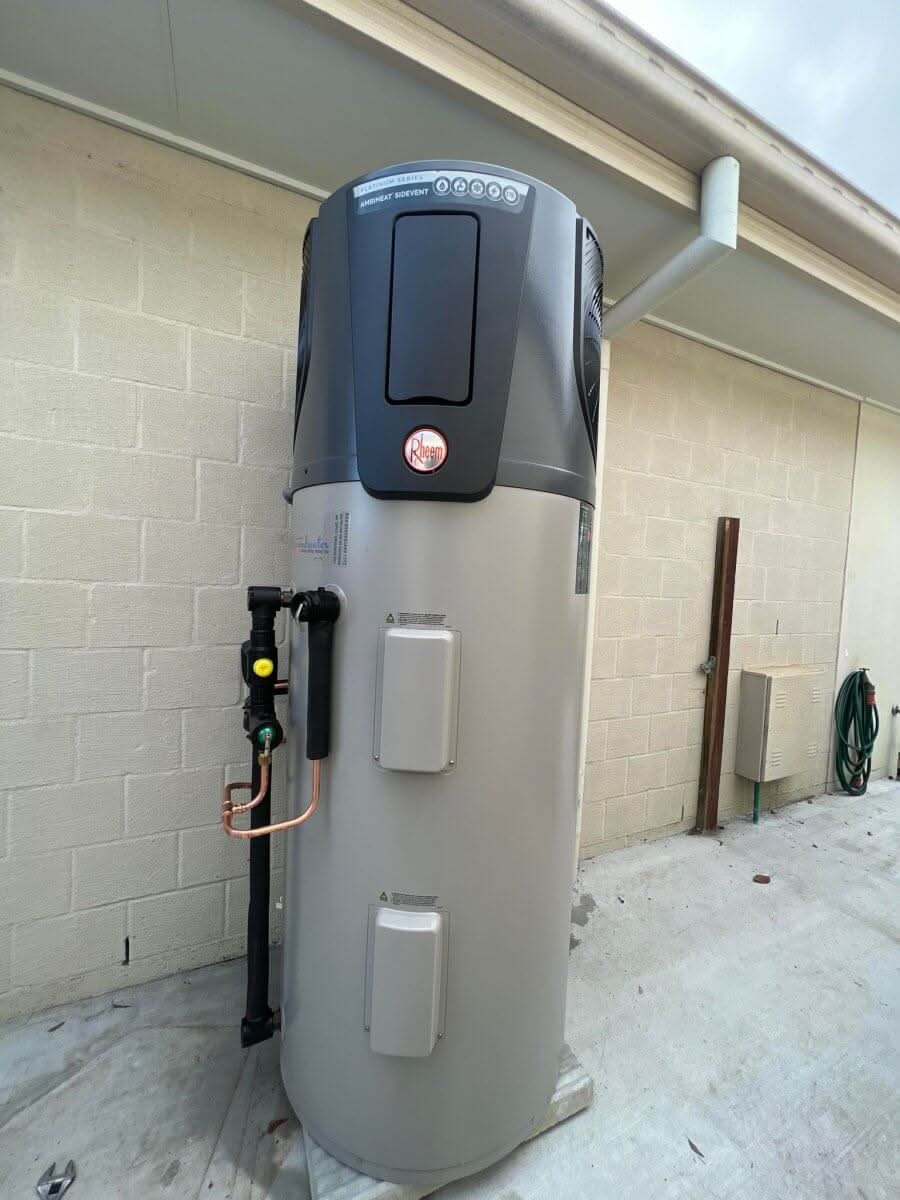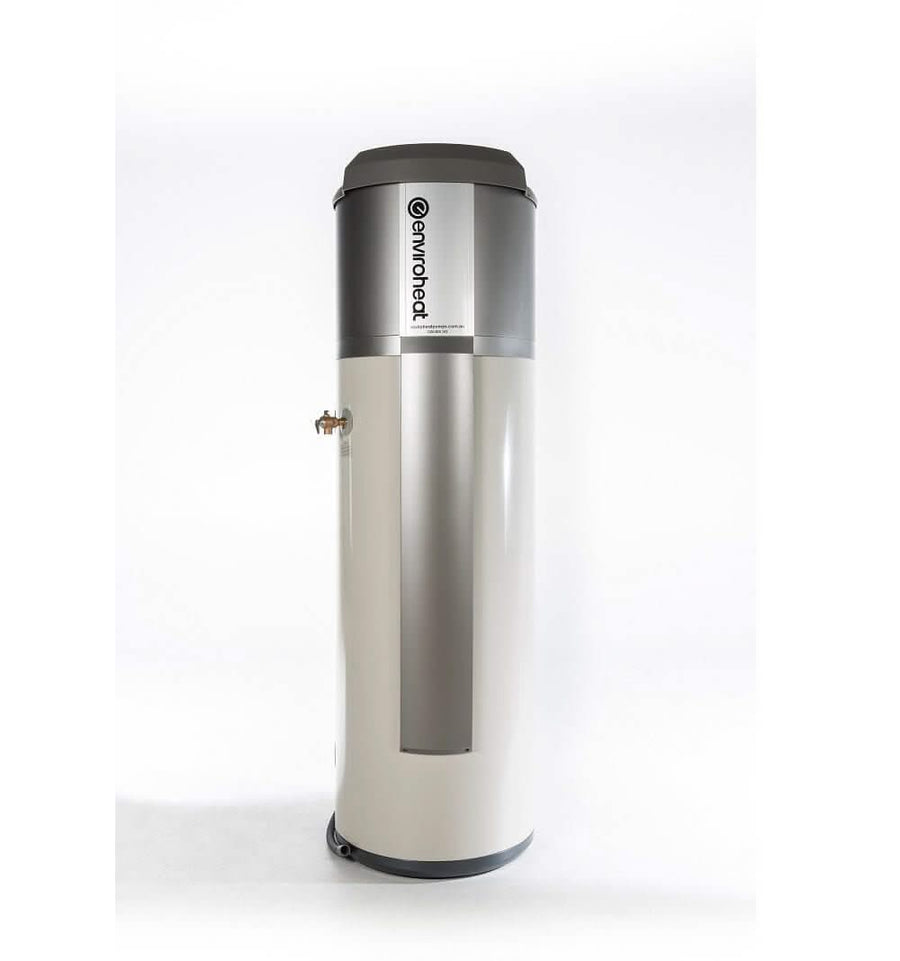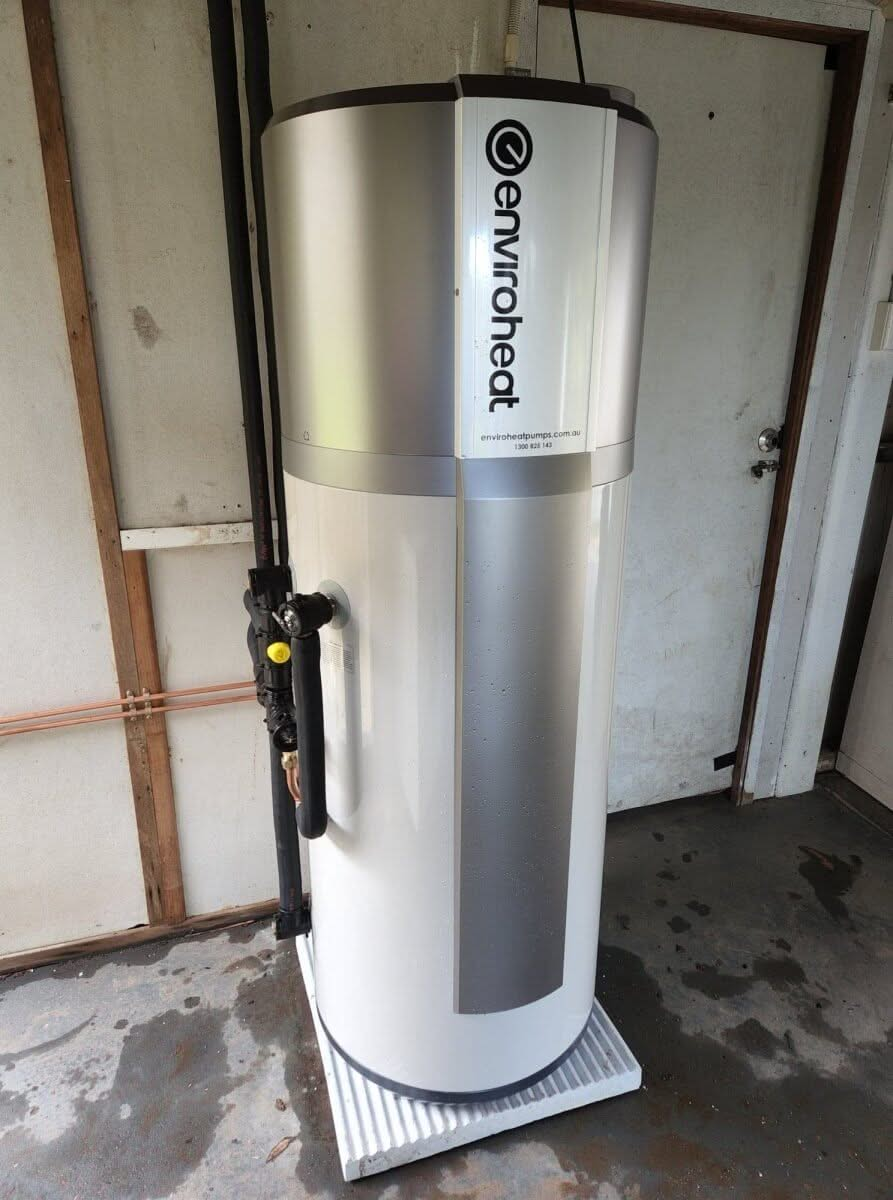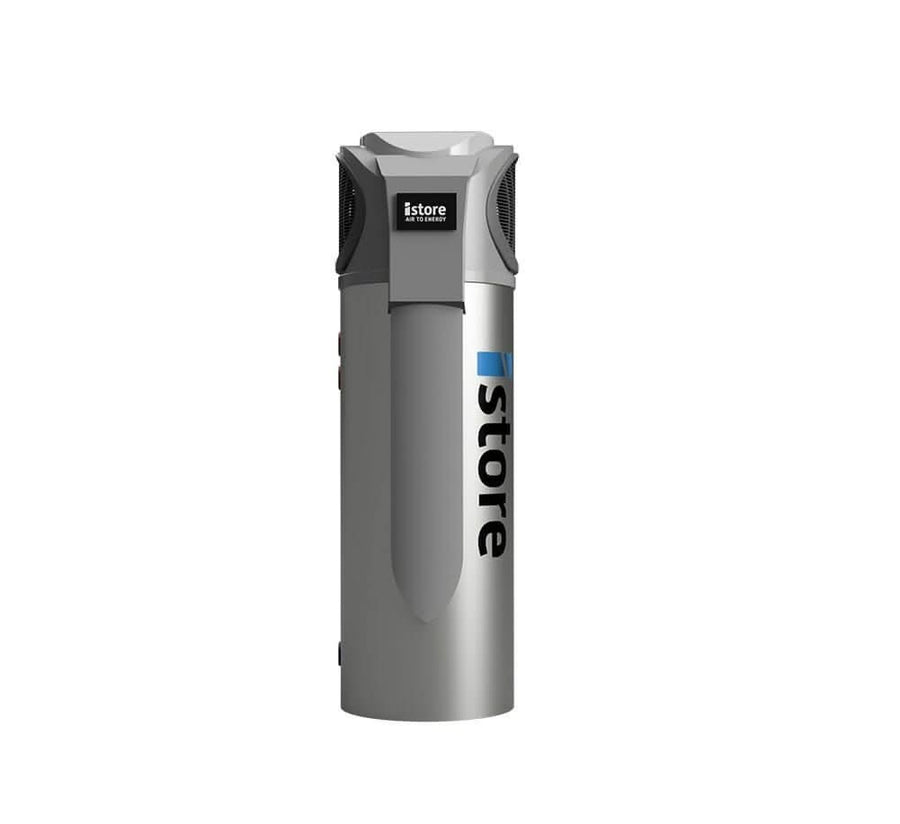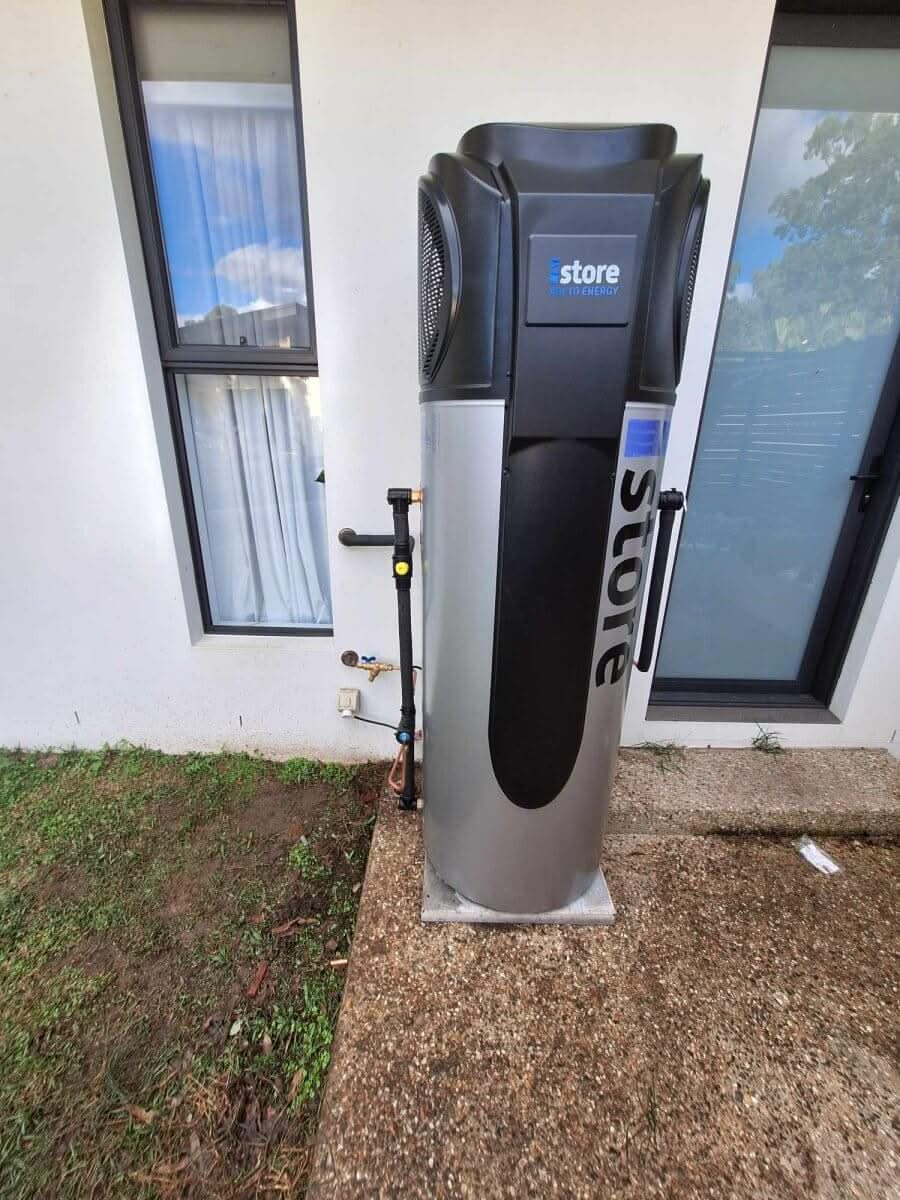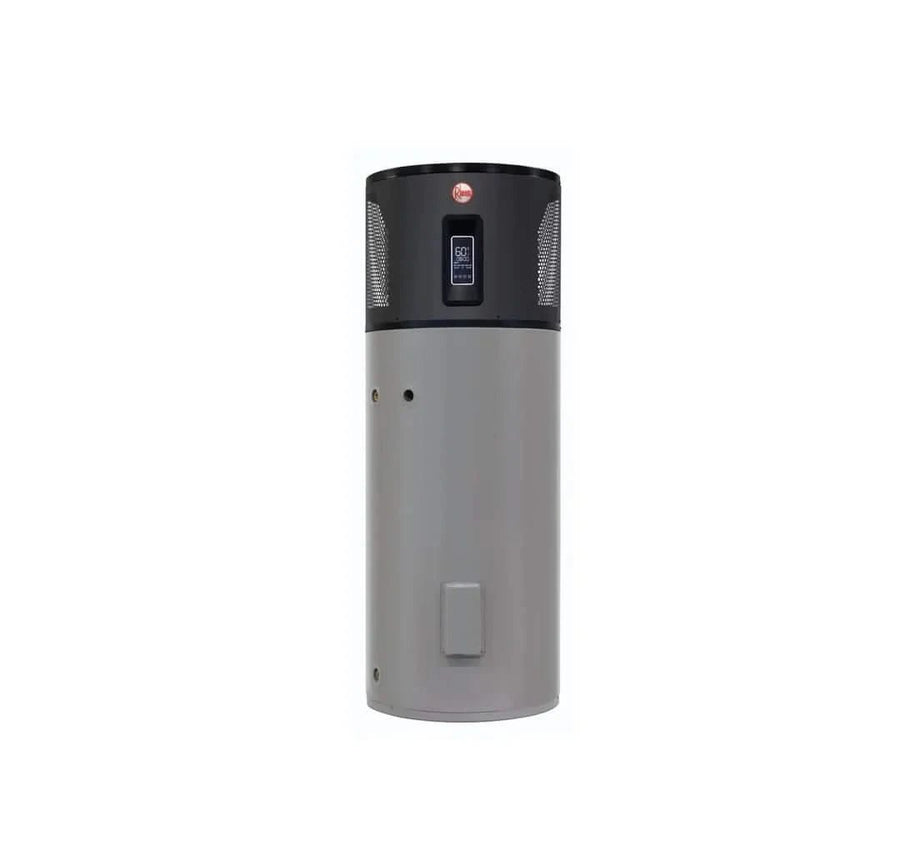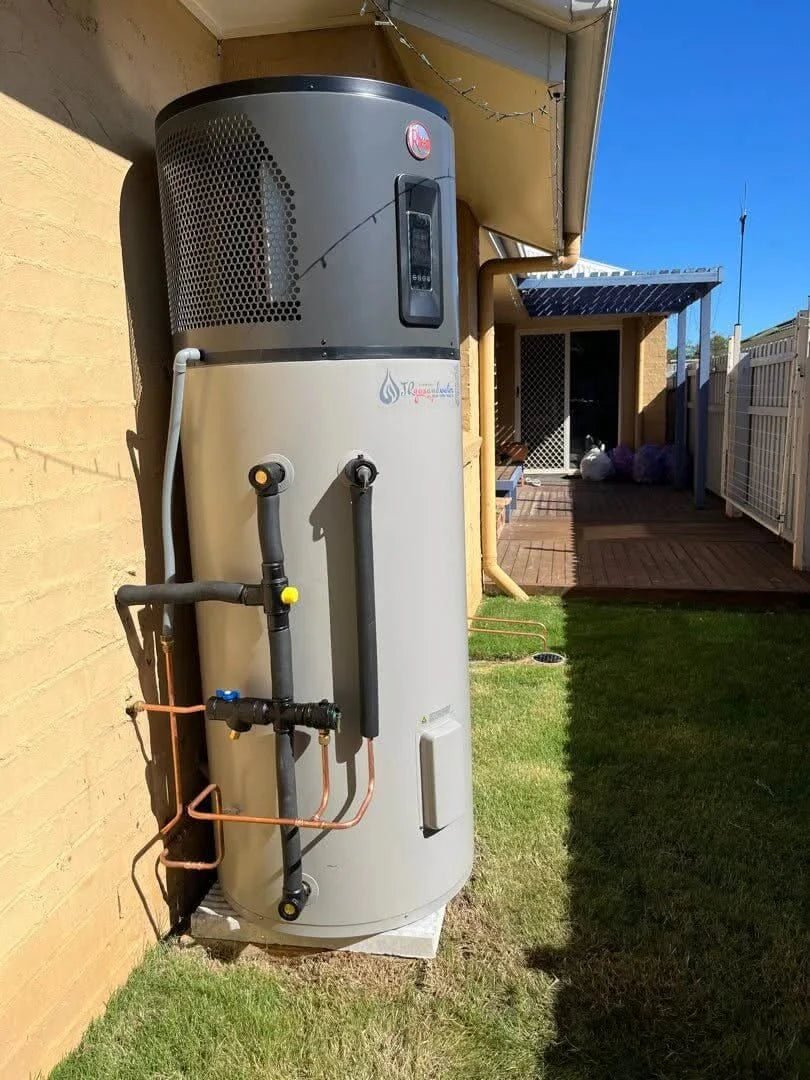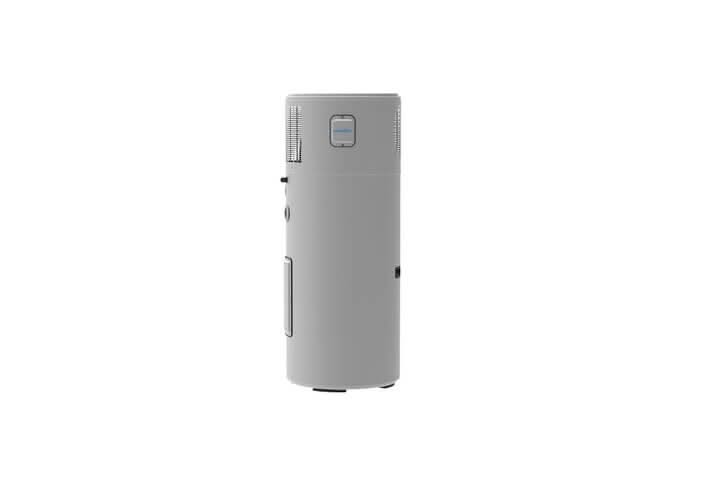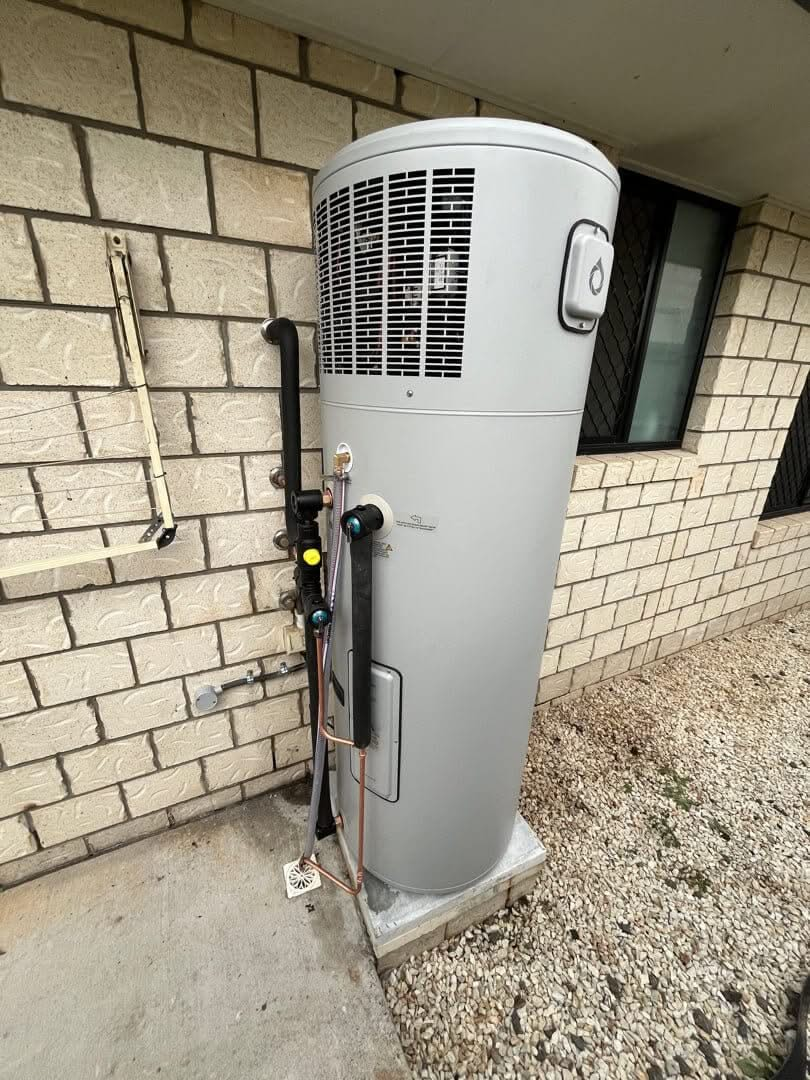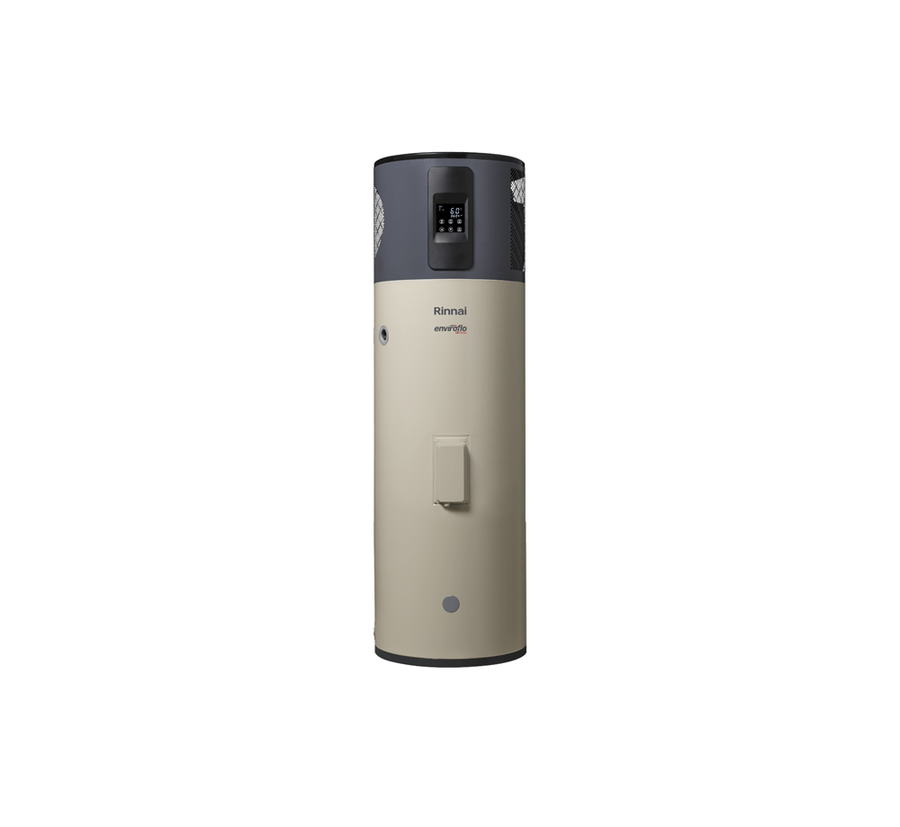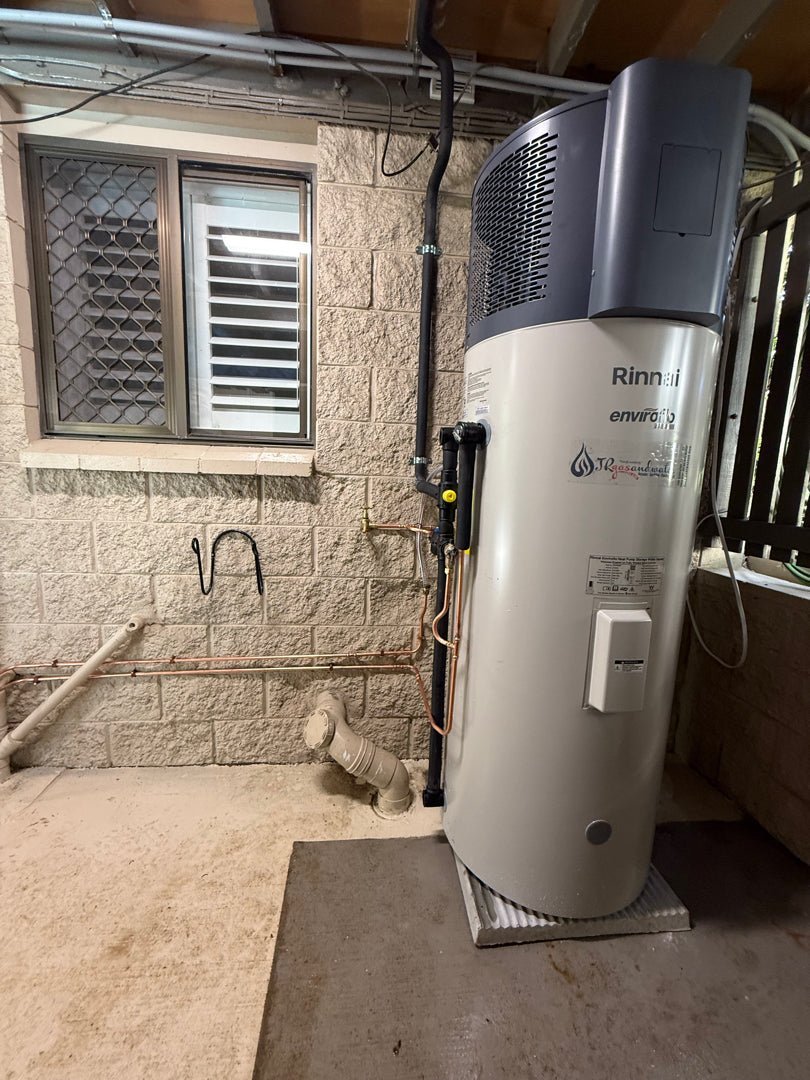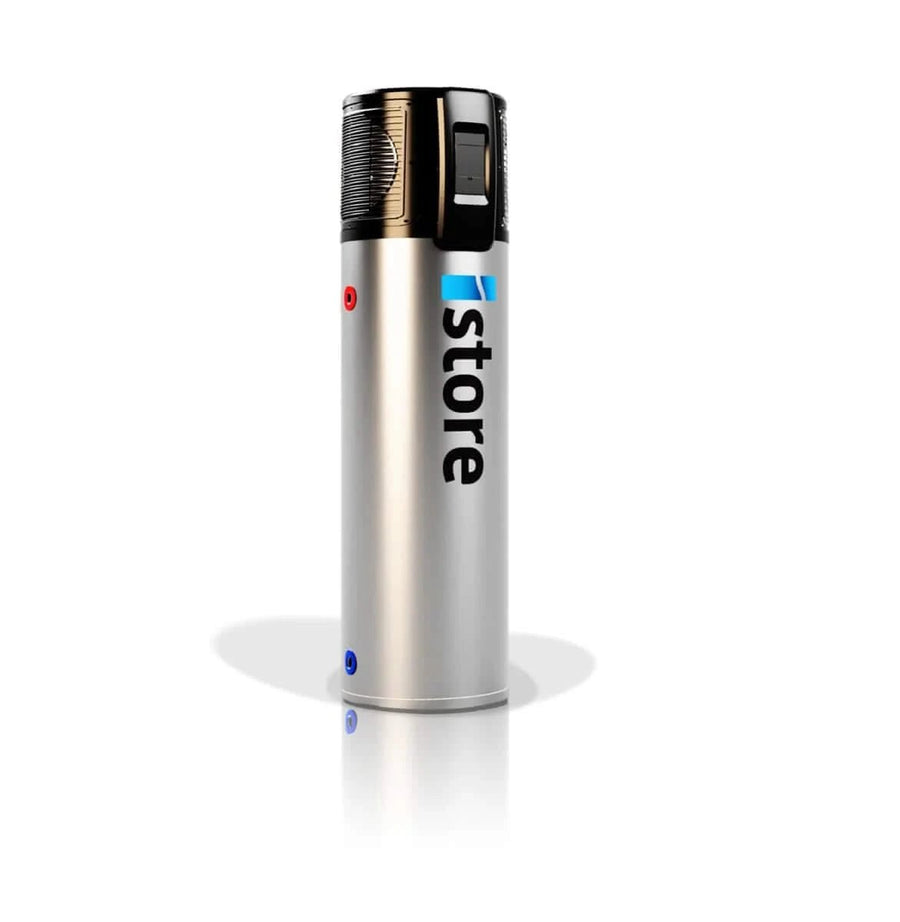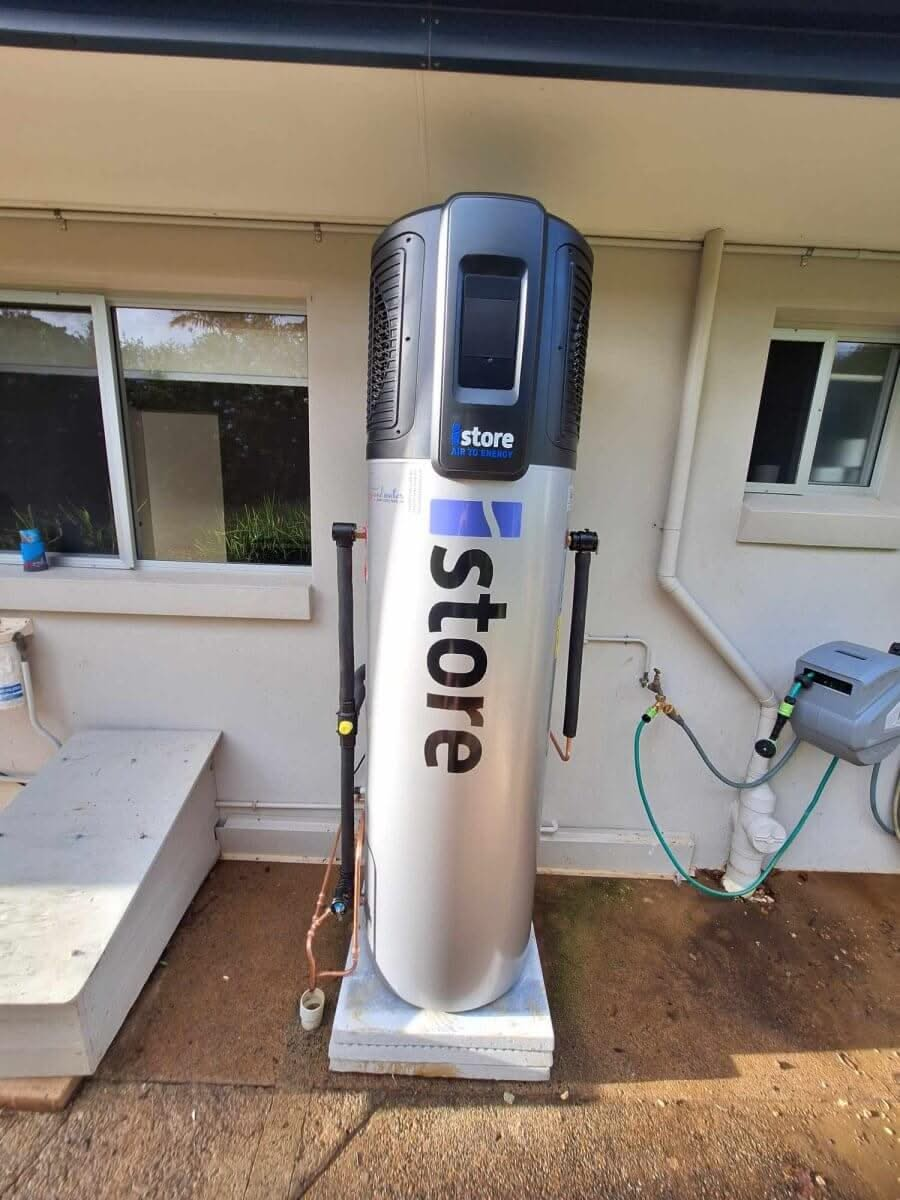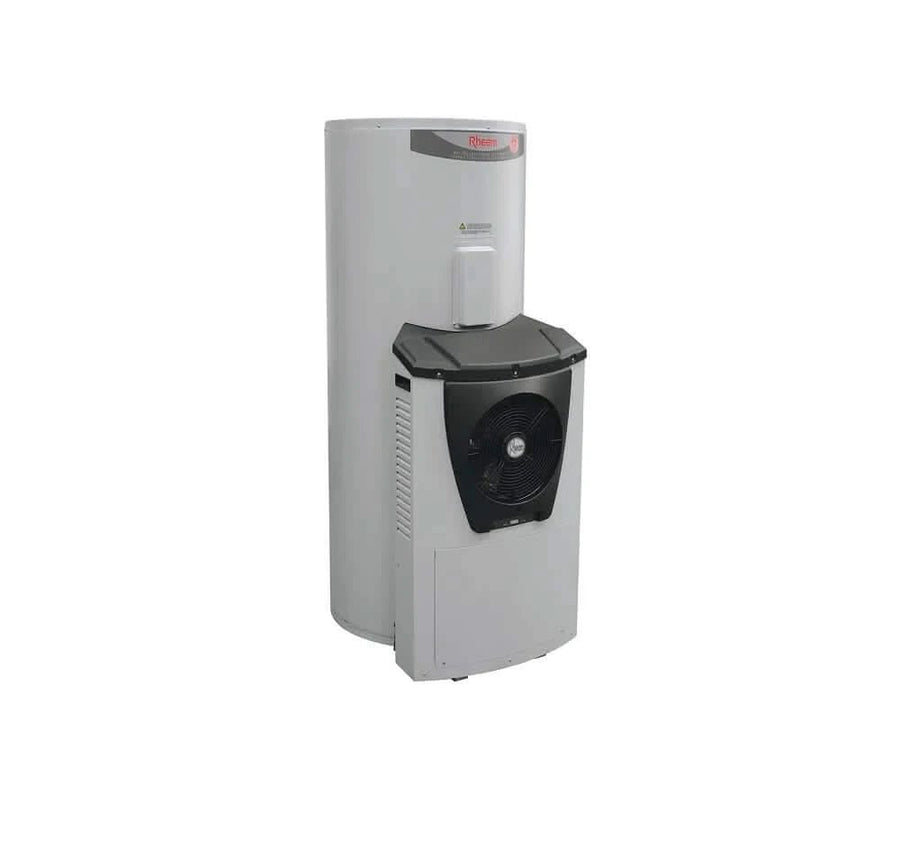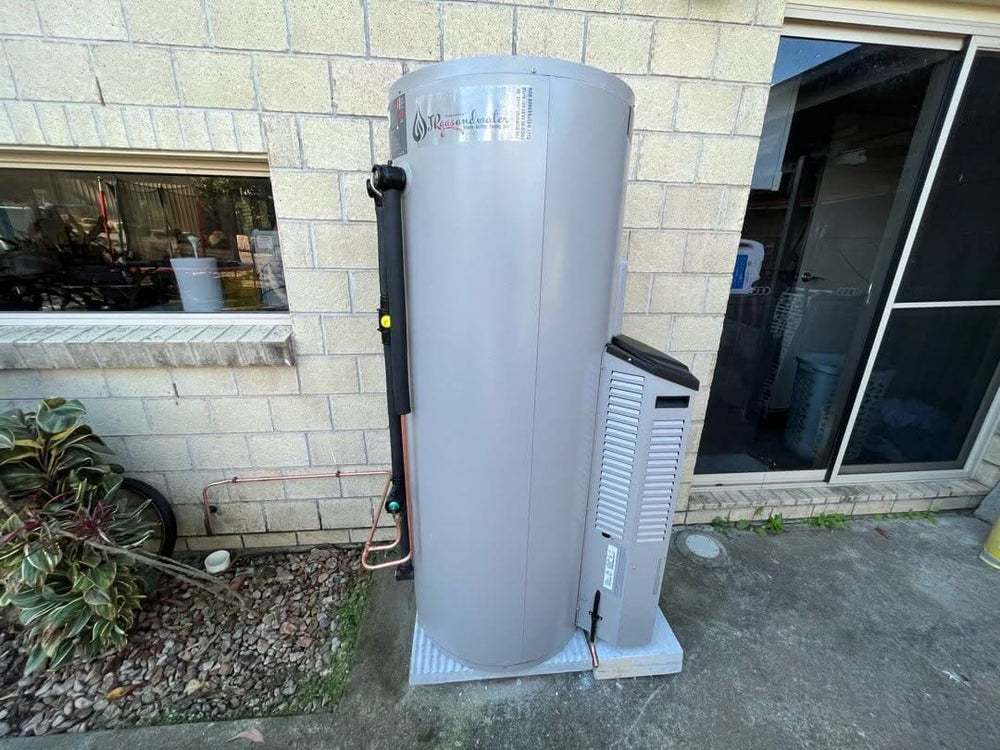Best Price of Hot Water System: Installation and Running Costs Explained
Thinking about the Price of Hot Water System? Cold water is drawn into the system to be heated, playing a crucial role in the functioning of hot water systems. The total cost includes the purchase price, installation fees and running costs. Here we break it down for you.
Key Points
-
Hot water system costs includes purchase, installation and running expenses which all adds up to the total cost.
-
Electric, gas and solar hot water systems have different purchase and running costs so careful evaluation is important for long term savings.
-
Financial incentives like STCs and NSW rebates can reduce the initial cost of purchasing and installing energy efficient hot water systems.
-
Continuous flow systems offer greater energy efficiency and space-saving attributes compared to traditional storage tank systems.
Understanding Hot Water Systems
What is a Hot Water System?
A hot water system is an essential appliance in any home, designed to heat and store water for various uses such as bathing, cooking, and cleaning. These systems ensure that hot water is readily available whenever needed, enhancing comfort and convenience in daily life. Hot water systems can be powered by different energy sources, including electricity, gas (LPG or natural gas), and solar power. Each type has its own set of benefits and features, making it crucial to choose the right hot water system based on your household’s needs and energy preferences.
Components Breakdown
A typical hot water system consists of several key components, each playing a vital role in its operation:
-
Storage Tank: This insulated container holds the heated water, ensuring it remains hot until needed. The insulation minimizes heat loss, maintaining the water at the desired temperature for extended periods.
-
Heating Element: This component is responsible for heating the water. In electric hot water systems, the heating element is usually an electric coil, while in gas hot water systems, it is a gas burner. The efficiency and speed of heating depend on the type and quality of the heating element.
-
Thermostat: The thermostat regulates the water temperature, ensuring it is heated to the desired level and preventing overheating. It plays a crucial role in maintaining energy efficiency and safety.
-
Temperature and Pressure Relief Valve: This safety device releases excess pressure and temperature from the system, preventing potential damage or hazards. It is an essential component for maintaining the system’s integrity and safety.
-
Drain Valve: The drain valve allows for the system to be emptied for maintenance or repair. Regular draining can help remove sediment buildup, which can affect the system’s efficiency and lifespan.
Understanding these components can help you make informed decisions when choosing a new hot water system or troubleshooting issues with your existing system. Whether you opt for gas hot water systems, electric hot water systems, or solar hot water systems, knowing how each part functions will ensure you select the best option for your home.
Hot Water System Costs
Hot water system costs fall into three categories: purchase, installation and running costs. Each of these affects the overall cost and understanding them helps in making a more informed decision.
The purchase price is the first cost you will encounter. This varies greatly depending on the type of hot water system, brand and features. Some systems may be cheaper upfront but have higher running costs, which brings us to the second category: installation fees. These can range from $1,000 to over $7,000 depending on the complexity of the installation and if any additional work is required like upgrading plumbing or electrical systems.
Running costs is the most expensive, arising from continuous use resulting to ongoing energy bills and maintenance. Both short term and long term costs should be considered when choosing a hot water system. For example high installation costs may offset the savings of an energy efficient system if not well planned.
In summary, understanding the purchase, installation and running costs of hot water systems is a wise decision.
Purchase Costs
The initial purchase cost of a hot water system is a big investment and it varies greatly based on the type, brand and features of the system. Whether you’re looking at electric, gas or solar hot water systems, each has its own price range and factors that affects it.
Electric hot water systems range from $300 to $1,500 so it’s one of the most affordable upfront. Heat pump systems known for its energy efficiency usually cost between $2,500 to $4,000. Solar hot water systems are the most expensive with initial costs ranging from $3,000 to $7,000. Gas storage systems, while often considered for their lower initial costs, are less efficient due to significant heat loss, especially in colder climates, and have higher CO2 emissions compared to electric storage systems. Weigh these upfront costs against long term savings and efficiency each system type offers. Check out the costs for electric, gas and solar hot water systems.
Electric Hot Water Systems
Electric hot water systems are the most affordable upfront at $450 to $1,800. These systems heat water efficiently, minimizing heat loss and reducing energy consumption.
These are easy to install and a good option for households looking for an immediate solution without breaking the bank upfront on a continuous flow system.
Gas Hot Water Systems
Gas hot water systems using natural gas or LPG are priced between $900 and $2,000. These are known for their energy efficiency and low running costs. They offer a good balance of purchase price and long term savings making them a popular choice for many households.
Solar Hot Water Systems
Solar hot water systems are the most expensive at $2,000 to over $7,000 depending on the system type and brand. Despite the high upfront cost these systems can meet up to 90% of a household’s hot water needs reducing energy bills and carbon emissions in the long run.
The long term savings and environmental benefits make them a good option for eco-conscious consumers. Additionally, heat pump water heaters are a highly efficient alternative for heating water, drawing heat from the surrounding air to save energy and offer flexible installation options.
Installation Costs
Installation costs is a big factor to consider when budgeting for a new hot water system. These costs can vary greatly based on the type of system, complexity of the installation and if additional work is required. For example installing a new system can cost between $200 to $600 if you’re replacing an existing system of the same type but this can go up to $1,500 to $3,000 if there is no existing gas connection.
Factors that can increase installation costs are the need to upgrade plumbing or electrical systems, complexity of the installation and layout and design of your home. Consider these factors when planning and budgeting for a hot water system installation.
Knowing the typical cost range and factors that affects it helps in making informed decisions and avoiding surprise costs. Check out the installation costs for electric, gas and solar hot water systems below.
Electric Hot Water System Installation
Installing an electric hot water system costs between $1,000 to $2,000 with replacement costs from $300 to $700. Several factors affects the installation cost including the system’s brand, type, installation process and model features. A licensed electrician should install the system to ensure proper setup and compliance with Australian safety standards.
Gas Hot Water System Installation
Gas hot water system installation is more expensive at $1,500 to $3,000. Factors that affects the cost is the brand, type of system, installation process and if additional work is required like a larger gas connection.
When switching between gas systems, retrofitting costs should also be considered.
Solar Hot Water System Installation
Installing a solar hot water system costs between $3,000 to $7,000. The complexity of the installation, type of collectors used, backup system and roof configuration are all factors that affects the cost.
Replacing an existing solar system is generally less expensive than installing a new one.
Running Costs
Running costs is a big consideration when choosing a hot water system. This includes the energy used to heat the water and any maintenance required to keep the system in good working order. Electric storage systems has the highest running costs while solar systems are generally the most economical.
Annual energy costs for electric hot water systems range from $700 to $925 making them the most expensive in the long term. Gas systems are more affordable at $295 to $665 per year. Solar hot water systems have the lowest running costs at $65 to $365 per year. Habits like using cold water for washing can help reduce hot water consumption and lower running costs.
Heat pump systems which are almost three times more efficient than conventional electric systems also offers long term savings. Gas hot water systems also produces less greenhouse gas emissions compared to electric systems making them a more environment friendly option.
Now let’s break down the running costs for each type of system.
Electric Hot Water Systems
Annual energy cost for electric hot water systems ranges from $700 to $925. To reduce these costs consider pairing your electric system with solar hot water systems or using off-peak tariffs.
Smart controls and water-saving habits can also help lower your energy bills.
Gas Hot Water Systems
Gas hot water systems has annual energy costs from $295 to $665. They are considered a more affordable and viable option in the long term due to their lower running costs and energy efficiency which contributes to the overall hot water system cost.
Solar Hot Water Systems
Solar hot water systems has the lowest annual energy costs at $65 to $365. These systems offers long term savings by reducing energy bills and carbon emissions. Factors such as climate, system size and household hot water usage affects the cost effectiveness of solar hot water systems.
Maintenance and Longevity
Regular maintenance extends the life and efficiency of hot water systems. Proper maintenance can extend the system’s life beyond the usual 8-12 years. Maintenance identifies minor issues early and prevents costly repairs and replacements.
Neglecting maintenance can lead to higher energy bills due to reduced efficiency. For example, flushing the tank annually can remove sediment buildup which can otherwise reduce efficiency. The environmental impact of the chosen hot water system also affects long term savings and maintenance costs.
Age, condition and frequency of servicing affects the maintenance cost of hot water systems. Let’s look into the importance of regular servicing and some DIY maintenance tips to keep your system in top shape.
Servicing Schedule
Regular servicing is crucial to ensure efficiency and safety of hot water systems. The frequency of servicing plays a big role in maintaining the system’s performance and longevity. Systems in hard water areas should be serviced more frequently to prevent mineral buildup that can affect performance.
Gas systems has lower maintenance cost due to its simpler technology compared to electric systems.
DIY Maintenance Tips
Having a regular maintenance schedule is key to extending the life and improving the efficiency of hot water systems. Simple DIY tasks such as checking the pressure relief valve, insulating pipes and flushing the tank annually can make a big difference in maintaining optimal performance.
These small tasks can help you avoid costly repairs and ensure your system runs smoothly and efficiently.
Choosing the Right Hot Water System
Choosing the right hot water system involves considering several factors such as installation cost, ongoing maintenance cost and household hot water usage. In Australia there are several types of hot water systems. These are electric, gas storage, continuous-flow, heat pump and solar-powered systems. Each type has its own advantages and trade offs.
Electric hot water systems has higher long term running cost. This is mainly due to higher electricity prices compared to gas systems. Gas systems has a good balance of initial purchase price and long term savings. Replacing older systems with energy efficient models can lead to big savings through incentives. Natural gas is often recommended as a fuel source for environmentally friendly hot water systems due to lower emissions. Hot water is an essential part of these systems. Heat pump water heaters offer long-term financial and environmental advantages by drawing heat from the surrounding air, making them a modern and eco-friendly choice. When choosing a hot water system consider the total cost, efficiency, household size, energy sources and additional features like electric boost elements for heat pumps. Look into how household size and usage affects the choice and environmental impact of different systems.
Household Size and Usage
Hot water requirements of a household varies based on the number of occupants and their usage patterns. Typically each person needs 50-100 liters of hot water daily. A household of 1-3 people may need an 80L tank for low peak usage and 125L tank for high peak usage.
For low peak usage, medium sized households of 3-6 people need 160L tank. For high peak usage, 315L tank is needed. Larger households (5-8 members) may need 250L tank for low peak consumption and 400L tank for high peak consumption.
Knowing these requirements helps you choose a system that meets your household’s hot water needs.
Environmental Impact
Considering the environmental impact is important when choosing a hot water system. Energy efficient options like solar systems can reduce environmental impacts and greenhouse gas emissions. The federal government offers STC rebates for solar hot water systems to promote its adoption and make it more affordable.
Identifying eligible electric hot water systems can also help you leverage financial incentives like rebates. Choosing an energy efficient system means long term savings on energy bills and a greener planet.
Financial Incentives and Rebates
Financial incentives and rebates can reduce the upfront cost of purchasing and installing hot water systems. Government programs offer various incentives to promote energy efficient hot water systems. These incentives reduce initial cost and provides long term savings on energy bills.
Government rebates can significantly lower the initial cost of solar hot water systems making it more affordable for homeowners. Certain programs offer rebates for upgrading to energy efficient hot water systems to provide financial assistance to reduce purchase and installation costs. These discounts can include reduction on installation cost for energy efficient systems making the transition to greener options more financially viable.
Let’s look into two specific financial incentives: Small-Scale Technology Certificates (STCs) and NSW Hot Water Rebate.
Small-Scale Technology Certificates (STCs)
Small-Scale Technology Certificates (STCs) are provided under the Australian Government’s Small-scale Renewable Energy Scheme to help reduce the cost of purchasing and installing solar and heat pump hot water systems. These certificates can be redeemed for discount on eligible systems, providing significant monetary savings during installation.
To access these rebates identify hot water systems that meet STCs eligibility criteria. Leveraging STCs allows households to have reduced upfront cost and long term savings on energy bills.
NSW Hot Water Rebate
The NSW Hot Water Rebate offers a fixed amount for upgrading to a heat pump hot water system to promote energy efficiency among homeowners. Eligible households in New South Wales can receive a $33 rebate when upgrading to a heat pump system. This rebate reduces the cost of transitioning to a more energy efficient system making it financially viable for many households.
The rebate gets you a 215L air sourced heat pump water heater at a discounted price, further incentivizing the upgrade.
Summary
In summary, understanding the total cost of hot water systems – from purchase and installation to running and maintenance cost – is important in making a informed decision. By considering the type of system, household size, usage patterns and available financial incentives you can choose a hot water system that offers the best balance of upfront and long term savings. Remember investing in an energy efficient system not only reduces your energy bills but also contributes to a greener planet. Choose wisely and enjoy the long term benefits of a well suited hot water system.
FAQs
What is the $33 hot water rebate in NSW?
The $33 hot water rebate in NSW allows you to buy a 215L air sourced heat pump water heater at a discounted price when upgrading to a heat pump hot water system. This initiative promotes energy efficient upgrades for residents.
What services does Installed Today offer for hot water systems?
Installed Today offers same day installation for electric, gas and heat pump hot water systems, so we can get you fixed up fast.
What factors to consider when choosing a hot water system?
When choosing a hot water system you need to evaluate total cost, efficiency, household size, available energy sources and any extra features such as electric boost elements for heat pumps. Making informed decisions on these factors will get you a better and more efficient system for your needs.
What is the importance of regular maintenance for hot water systems?
Maintenance is important to ensure hot water systems last long and run efficiently, avoid costly repairs and safety hazards. Inspections and cleaning will improve performance and extend the life of the system.
What are the energy savings of heat pump hot water systems?
Heat pump hot water systems can save up to 70% energy compared to traditional electric hot water systems, so big savings on your power bill. That’s a winner for energy efficiency.




